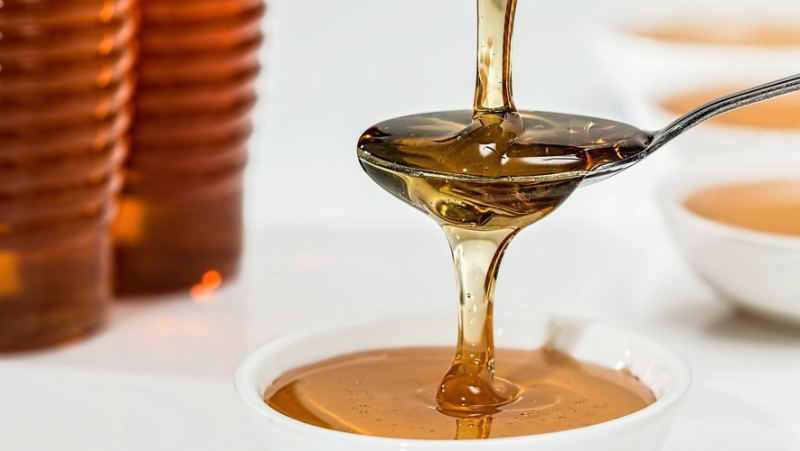Why is the FNSEA calling for the removal of Asian honey from supermarket shelves ?

La FNSEA attend un geste fort des supermarchés, pour retirer le miel asiatique des magasins. ILLUSTRATION PIXABAY
À l’occasion de la journée mondiale des abeilles ce 20 mai, la Fédération Nationale des Syndicats d'Exploitants Agricoles (FNSEA) monte au créneau contre les miels asiatique. Le syndicat remet en cause ses prix qui destabilisent le marché et ses origines parfois trompeuses.
To celebrate World Bee Day, this Monday, May 20, the first French agricultural union is calling on supermarkets to remove Asian honey, often adulterated, from their shelves.
Suspected of deviating from EU rules
The "massive imports of Chinese honey sold at very low cost, four times cheaper, on average, than European honey, are destabilizing the market as a whole, subject French beekeepers to an unacceptable distortion of competition and deceive consumers", estimates the FNSEA in a press release released on Friday. The organization calls for "clear commitments from the various managements of mass retail brands and their buyers".
According to a European Commission investigation published in March 2023 covering 320 samples of honey imported into the EU, around 46% were strongly suspected of deviating from EU rules, in particular via the addition of sugar syrups intended to reduce the cost of production. Some 74% of honey originating from China was considered suspect. However, this country supplies 37% of the European Union's imports.
Detailed labels requested
To remedy fraud, MEPs approved a text in April making details of the countries where it was harvested mandatory on the labels of jars of honey. The Twenty-seven will have to give a final green light for it to come into force.
Beekeepers have been warning for several months about the difficult times they are going through, partly because of competition from imported honey, particularly from Ukraine or China, at prices often lower than 2 euros per kilogram.
The French government released in February, in the midst of the agricultural crisis, an envelope of 5 million euros to help them support their cash flow in forms & ;quot;advances […], short-term aid and coverage of social contributions".




